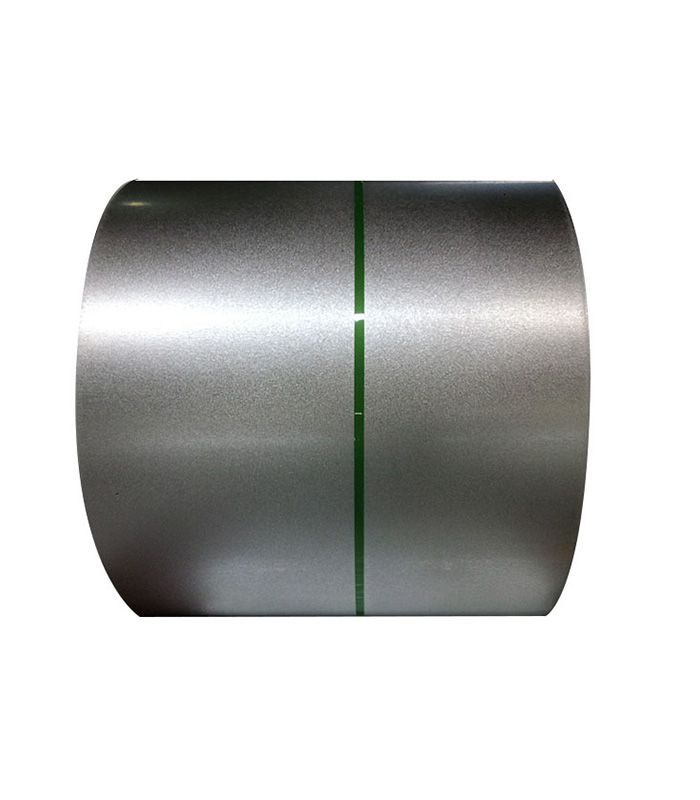Difference Between Galvalume and Galvanized Steel Coil
In the realm of steel products, two terms that often emerge in discussions are Galvalume and Galvanized steel coils. While they may seem similar, they actually have distinct characteristics and applications. Understanding the difference between Galvalume and Galvanized steel coils is crucial for making informed decisions in various industries, including construction, automotive, and manufacturing.
What is Galvalume Steel Coil?
Galvalume steel coil is a type of steel product that is coated with a blend of zinc and aluminum. This coating provides enhanced corrosion resistance and durability compared to traditional galvanized steel. The composition of Galvalume typically consists of approximately 55% aluminum, 43.5% zinc, and 1.5% silicon.

Advantages of Galvalume Steel Coil:
Superior Corrosion Resistance: The combination of zinc and aluminum in Galvalume offers superior corrosion resistance, making it ideal for use in harsh environments or corrosive atmospheres.
Longer Lifespan: Galvalume steel coils have a longer lifespan compared to galvanized steel due to their enhanced corrosion resistance properties.
Better Heat Resistance: The presence of aluminum in the coating enhances the heat resistance of Galvalume steel, making it suitable for applications where high temperatures are a concern.
Enhanced Aesthetic Appeal: Galvalume steel coils often have a more aesthetically pleasing appearance compared to galvanized steel, making them preferred for architectural applications.
What is Galvanized Steel Coil?
Galvanized steel coil, on the other hand, is coated with a layer of zinc to protect the underlying steel from corrosion. This process, known as galvanization, involves immersing the steel coil in a bath of molten zinc, which forms a protective layer on the surface of the steel.
Advantages of Galvanized Steel Coil:
Cost-Effectiveness: Galvanized steel coils are generally more cost-effective compared to Galvalume steel coils, making them a preferred choice for budget-conscious projects.
High Resistance to Rust: The zinc coating on galvanized steel provides excellent protection against rust and corrosion, particularly in outdoor or humid environments.
Easy to Work With: Galvanized steel coils are easy to work with and can be welded, formed, and fabricated without damaging the protective zinc layer.
Wide Range of Applications: Galvanized steel is versatile and finds applications in various industries, including construction, agriculture, and manufacturing.
Key Differences Between Galvalume and Galvanized Steel Coils
While both Galvalume and Galvanized steel coils offer corrosion protection, they differ in several key aspects:
Composition: Galvalume contains a blend of zinc, aluminum, and silicon, whereas Galvanized steel is coated solely with zinc.
Corrosion Resistance: Galvalume offers superior corrosion resistance compared to Galvanized steel, especially in harsh environments or corrosive atmospheres.
Aesthetic Appeal: Galvalume steel coils often have a smoother, more uniform appearance compared to the spangled surface of Galvanized steel.
Durability: Due to its enhanced corrosion resistance properties, Galvalume steel coils generally have a longer lifespan compared to Galvanized steel coils.
Applications of Galvalume and Galvanized Steel Coils
Both Galvalume and Galvanized steel coils find applications in various industries, including:
Construction: Roofing, siding, and structural components
Automotive: Body panels, chassis components, and trim parts
Manufacturing: HVAC systems, appliances, and agricultural equipment
Conclusion
In conclusion, while both Galvalume and Galvanized steel coils offer corrosion protection, they have distinct characteristics and applications. Galvalume steel coils, with their superior corrosion resistance and durability, are often preferred for applications requiring long-term performance in harsh environments. On the other hand, Galvanized steel coils, with their cost-effectiveness and versatility, find widespread use in a variety of industries. Understanding the differences between these two types of steel coils is essential for selecting the most suitable option for specific project requirements.



